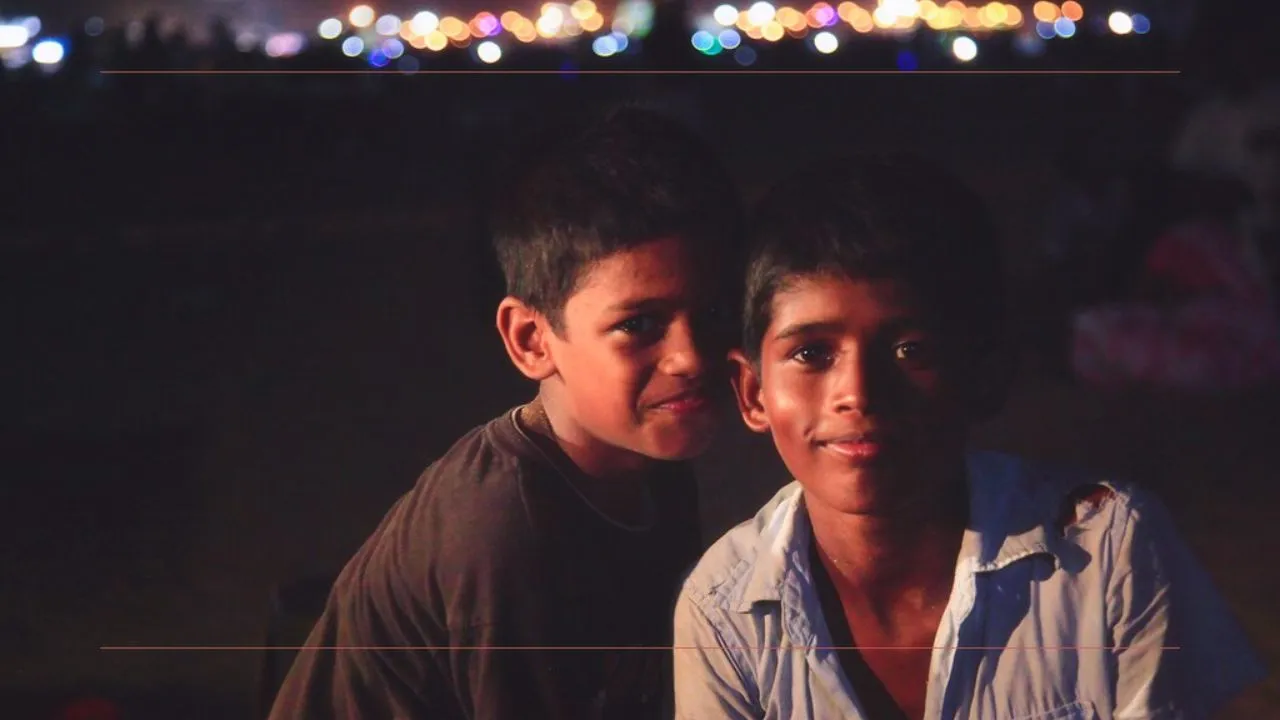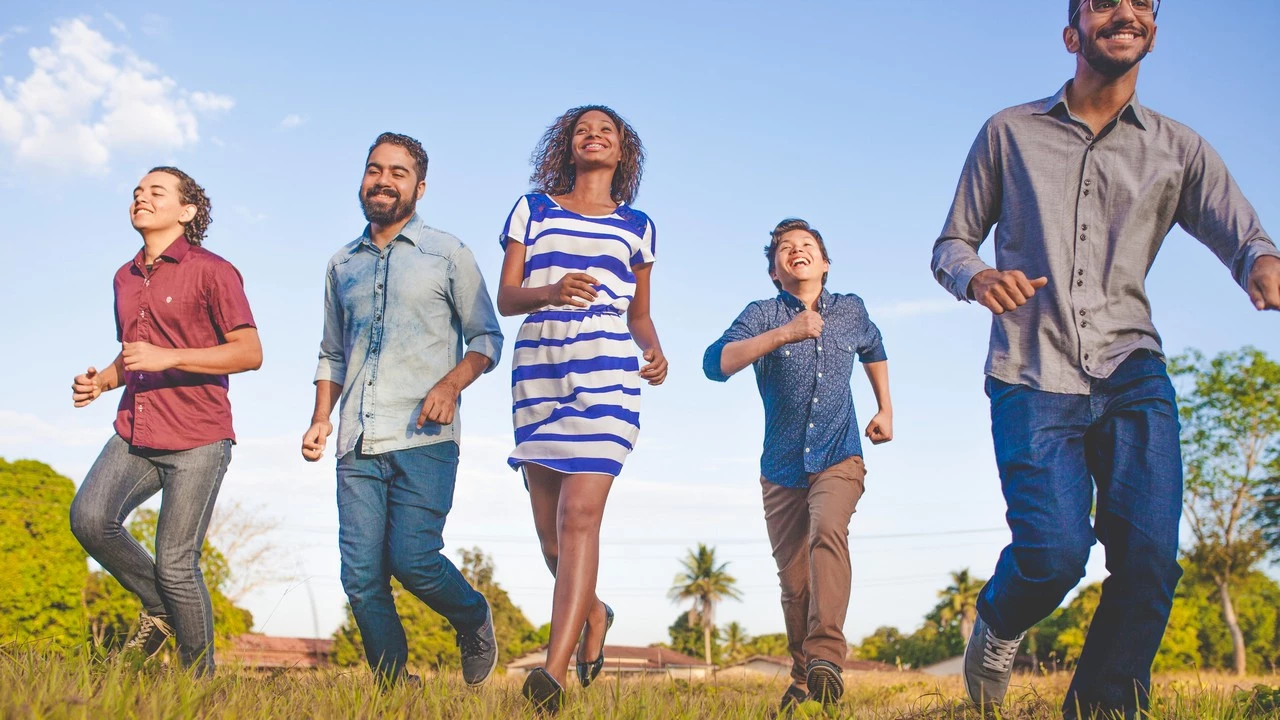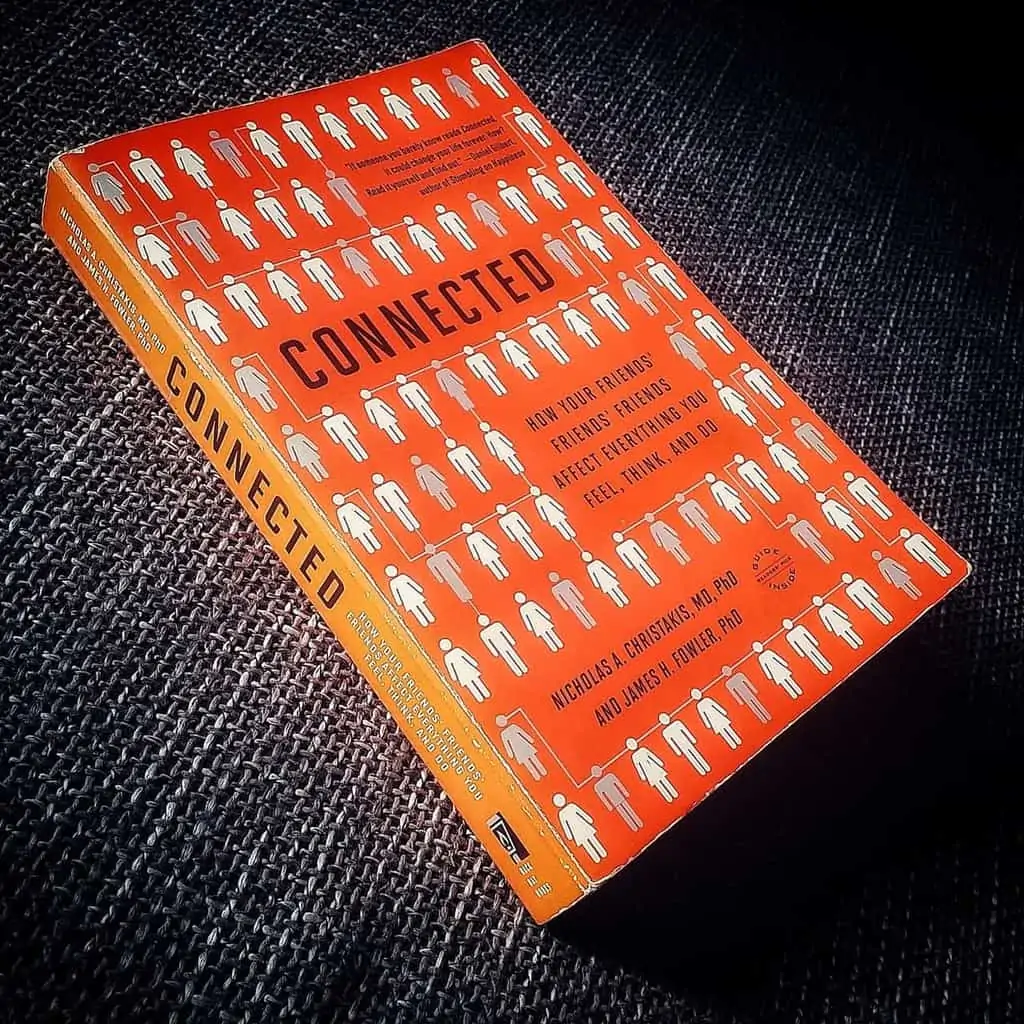Today's Friday • 10 mins read
— Researched and written by Dr. Sandip Roy.
It takes an average of 50 hours of interaction to go from acquaintance to friend, and 200 hours to evolve from friend to close friend.
It is not possible to have friends without first making friends. But why do we need friends? Why do we seek the love that comes with our social bonds of friendship?
Friendships are close-knit relationships with strong ties between them. They are complex and demanding, yet meaningful and fond.
They are unique relationships because we choose to keep them or leave them without any contracts.
How Do Your Friends Affect Your Happiness
Having friends is an important predictor of happiness and life satisfaction (Demir, Orthel-Clark, Ozedemir, & Ozedemir, 2015).
James Fowler is an American psychologist who specializes in social networks. He was named a 2010 Fellow of the John Simon Guggenheim Foundation.
Nicholas Christakis, an American physician who also researches social networks, was named a Fellow of the American Association for the Advancement of Science in 2010.
Fowler and Christakis came together at Harvard to conduct a meta-study involving 5,000 students over a period of 20 years. They published the results in the British Medical Journal.
They also wrote a book on it: Connected: The Surprising Power of Our Social Networks and How They Shape Our Lives.
They concluded:
People’s happiness depends on the happiness of others with whom they are connected.
For the first time in the history of happiness studies, researchers focused on a key element of human happiness: The Happiness of Others. They scientifically prove that your happiness, rather than remaining self-absorbed, is carried over long distances within your social networks.
You’re 15.3% more likely to be happy if a person directly connected to you is happy. Happiness is indeed viral.
How Can You Catch The Happiness ‘Virus’
Fowler and Christakis guessed emotional states can be transmitted directly from one person to another by social mimicry – that is, copying of facial expressions and body language. Individuals ‘catch’ the happiness of others over periods of time ranging from seconds to weeks.
They further showed one person’s happiness spreads through their social group even up to 3 degrees of separation (for example, to one’s friends’ mothers’ sister), and that effect can last as long as 1 year.
In their words,
It is not only the number of direct ties but also the number of indirect ties that influence future happiness. The better connected are one’s friends and family, the more likely one will attain happiness in the future.
Do Friends Really Make Us Happy
Yes. Friends make our lives happier, as anybody will swear by. People with a good circle of friends are happier. What research tells us is while happiness gets us more friends, more friends make us happier too. It works both ways, creating an upward spiral.

Psychologists have found people are happier when they are with other people (as compared to when they are alone), and this holds true for introverts as well as extroverts.
They also found happy people are more sociable. This creates a direct equation between happiness and sociability — being in the company of people makes us feel happier, and again, being happier makes us tend to socialize more.
In 2014, behavioral scientists Nicholas Epley and Juliana Schroede published the results of a study they conducted on commuters on Chicago trains and buses in the Personality and Social Psychology Bulletin.
They had asked some people to talk to the strangers near them on their commute. To some, had they asked to remain disconnected. To the others, they had asked to continue as they would normally.
They found those who connected with more people felt more positive and happy.
So, next time you’re on a commute, consider talking to strangers around you—you‘ll make yourself happier.
“The number and quality of social interactions early in life can predict loneliness, well-being, and depression 30 years later (Carmichael & Reis, 2015). Despite these well-documented benefits, people do not always prioritize spending time with friends. Americans only spend about 41 min a day socializing, which is one-third of the amount of time spent watching TV or commuting.”
— The American Time Use Survey (ATUS), US Dept. of Labor.
Do Friends Matter More Than Your Kids
In the pecking order of our intimate relationships, friendships always feature at the bottom-our partners, spouses, parents, children come first. However, research indicates otherwise.
Research has revealed data that may seem incomprehensible and even unappealing to our conventional thinking:
Spending time with friends can lead to greater happiness than spending time with others in intimate relationships.
George MacKerron is an environmental economist at the London School of Economics. While studying for his Ph.D., in 2010, he developed Mappiness, an app that collects and analyzes information from thousands of people to find out when, where, and why were they at their happiest.
Nearly 50,000 people downloaded the free app and clocked well over 3 million responses overall. You must agree, it was a massive amount of data to work with.
MacKerron found that when people were with their friends, their moods improved by 8.2 percent. But when they were with their partners, their moods improved by only 5.9 percent. Surprisingly, according to the data, when they were with their children, their happiness levels climbed by merely 1.4 percent.
Mood improvement when in the company of others, as compared to when alone:
- Friends — improve your mood by 8.2%
- Spouse or partner — improve your mood by 5.9%
- Other members of the family — improve your mood by 2.9%
- Children — improve your mood by 1.4%
- Clients or customers — improve your mood by 0.7%
- Colleagues or classmates — improve your mood by 0.6%
See the #1 on that list again: Friends. Friends are the source of our greatest happiness among all of our close relationships. It should drive home the point — To be most happy, be with your friends.
Our friends also help us live longer. A review of 148 studies found people with stronger social relationships have a 50% lower risk of mortality.
And to be least happy, spend time with your colleagues (wink, wink!).
How Friendships May Cause Unhappiness
Friendships can go bad, and even long-standing friendships can devolve into toxic friendships.
In the book When Friendship Hurts, internationally recognized leading expert on friendship, Jan Yager, shows how, why, and when to let go of bad friends and how to develop positive friendships that enrich our lives on every level.
“At the least intimate type of friendship, the chance of identifying someone as a casual friend rather than an acquaintance is greater than 50% when individuals spend about 43 hr together in the first 3 weeks after meeting.”
— Jeffrey A. Hall, 2018

How Long Does It Take To Make Friends
Spending time together is a necessary component of friendship development (Fehr, 2008). Still, not everyone who lives around you can be your friend.
Friendships are more likely to form with people you meet or come into contact with on a frequent basis.
Hanging out and eating together, but not working together, are excellent ways to turn acquaintances into friends. You can work together for 600 hours, but still not become friends with your colleague.
So, how do you make close friends, and what makes great friendships thrive?
“Results suggest that the chance of transitioning from friends to good/best friends is greater than 50% after 119 hr over 3 weeks and 219 hr over 3 months. Indeed, good/best friends added significantly more hours at each wave, nearly doubling their time together at each interval.”
– Hall, J. A. (2018). How many hours does it take to make a friend? Journal of Social and Personal Relationships. https://doi.org/10.1177/0265407518761225
What Are Friends For: Qualities of A Great Friend
Once you are close friends with someone, you tend to go through a certain set of interactions. As pointed out by John Gottman, Ph.D., founder of Relationship Research Institute and author of Eight Dates and The Seven Principles for Making Marriage Work, friends share certain qualities of close relationships:
What are best friends for?
- Friends are there for fun.
- Friends take care of each other.
- You feel secure with your friends.
- Your friends endorse your self-worth.
- You share an ability to love them and be loved back.
- Friends are always there to celebrate the good times.
- Friends are your source of direct help in troubled times.
- There is mutual understanding between you and your friends.
- Their difference of ideas and influences help you grow and learn.
What Do Friends Expect From Each Other
William Rawlins, the Stocker Professor of Interpersonal Communication at Ohio University, and author of The Compass of Friendship says:
I’ve listened to someone as young as 14 and someone as old as 100 talk about their close friends, and three expectations of a close friend that I hear people describing and valuing across the entire life course.
- Somebody to talk to
- Someone to depend on
- Someone to enjoy
He further said, “These expectations remain the same, but the circumstances under which they’re accomplished change.”

How Many Types of Friends Can You Have
Not all of our friends are the same or even similar. There are 3 AM friends and there are fair-weather friends. Aristotle was the first one to distinguish between different types of friendship.
Modern psychology identifies 4 types of friendship:
- Acquaintance – Acquaintances are friends who are in frequent contact with each other, but they don’t know each other quite well. They interact only in superficial ways and don’t share the emotional content of their lives.
- Casual -& Casual friends share some thoughts and feelings in careful and watchful ways.
- Agentic – Agentic friendships are practical friendships and such friends typically share certain tasks or goals.
- True – True friends express authentic emotions to each other without fear. They can share most of their emotions in bareness and rawness.
We, perhaps, need all four types. Writes Gretchen Rubin,
We have the deepest, most intimate connection with our strong ties, of course, but it turns out that weak ties are very important sources of information and contacts; because they’re further away from us, they have access to information that we might not already have.
Final Words
So, the three most valuable tips on friendship and happiness we can draw from this are:
- Have a few friends, even of the casual or acquaintance type.
- Connect with strangers when on a commute, as a train ride.
- Share your moments of happiness with your friends.
For inspiration, we leave you with three of our favorite quotes on friendships:
- Friendship marks a life even more deeply than love. Love risks degenerating into obsession; friendship is never anything but sharing. ― Elie Wiesel
- A friend is one that knows you as you are, understands where you have been, accepts what you have become, and still, gently allows you to grow. ― William Shakespeare
- Be slow to fall into friendship, but when you are in, continue firm and constant. ― Socrates
Researched and reviewed by Dr. Sandip Roy — medical doctor, psychology writer, and happiness researcher.
• • •
- How To Deal With Friends Who Don’t Respect You?
- 8 Signs of A Toxic Friendship & How To Handle Them
- 10 Ideal Ways To Help A Friend In A Toxic Relationship
- Social Loneliness: How Does It Hurt When You’ve No Friends
- 7 Practical Ways To Cut Off Toxic Friends Without Being Rude
• • •
√ If you found this useful, please spread the word.
» You deserve happiness! Choosing therapy could be your best decision.
...
• Disclosure: Buying via our links earns us a small commission.
